A Chinese mainland spokesman denounced the ruling Democratic Progressive Party in Taiwan for cooperating with foreign forces to hype up the assertion that the Taiwan Straits between the island and the mainland are an "international waterway".
Ma Xiaoguang, spokesman for the Taiwan Affairs Office of the State Council, said at a news conference on Wednesday that the move by the DPP authority was part of separatist efforts to achieve "Taiwan independence".
"It has harmed the interests of compatriots on both sides of the Straits and betrayed the interests of the Chinese nation," he said, adding that "such behavior is beneath contempt."
Ma's remarks came after the DPP administration's denial of the mainland's claim to sovereignty over the passage between the two sides. The Straits range in width from about 70 nautical miles to 220.
On Tuesday, Taiwan's "foreign affairs" spokeswoman Joanne Ou said the Straits are an "international waterway" and that the island supports the "freedom of navigation operations" conducted by the United States.
Earlier on Monday, Foreign Ministry spokesman Wang Wenbin said at a news conference that "Taiwan is an inalienable part of China's territory", adding that international maritime laws don't define international waters.
According to the United Nations Convention on the Law of the Sea, or UNCLOS, as well as Chinese laws, the waters of the Straits, extending from both shores toward the middle of the Straits, are divided into several zones, including internal waters, territorial sea, contiguous zones and an exclusive economic zone, Wang said.
"China has sovereignty, sovereign rights and jurisdiction over the Straits. At the same time, it respects the lawful rights of other countries in relevant waters," Wang said.
Zhang Haiwen, director of the China Institute for Marine Affairs, said, "China's position on this question is very clear and hasn't changed."
The UNCLOS has made it clear that the provisions of high seas apply to all parts of the sea that are not included in the exclusive economic zone, territorial sea or internal waters.
However, there's no such wording of "international waters" in UNCLOS, Zhang said, stressing that such wording is used by the US as an excuse to send its warships and aircraft across the Straits.
Wang said: "It's a false claim when certain countries call the Straits 'international waters' in order to find a pretext for manipulating issues related to Taiwan and threatening China's sovereignty and security."








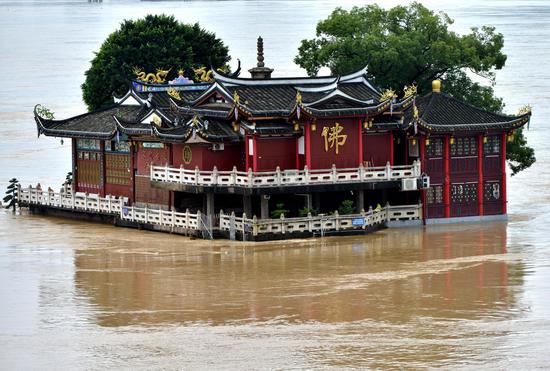

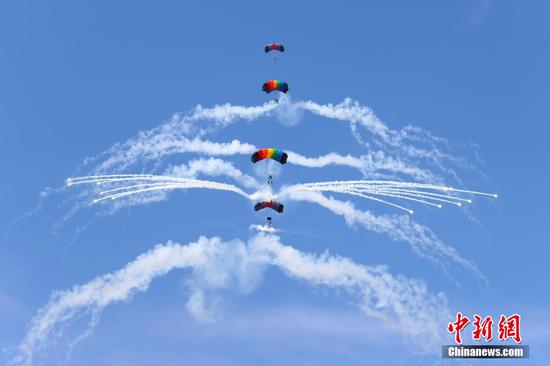
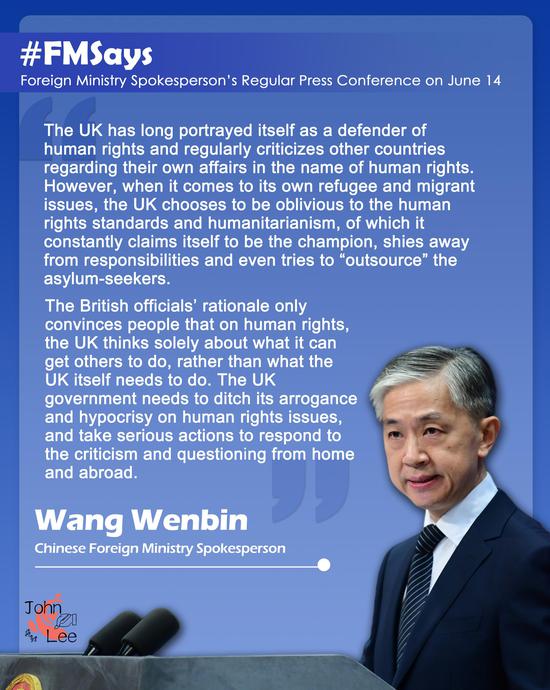
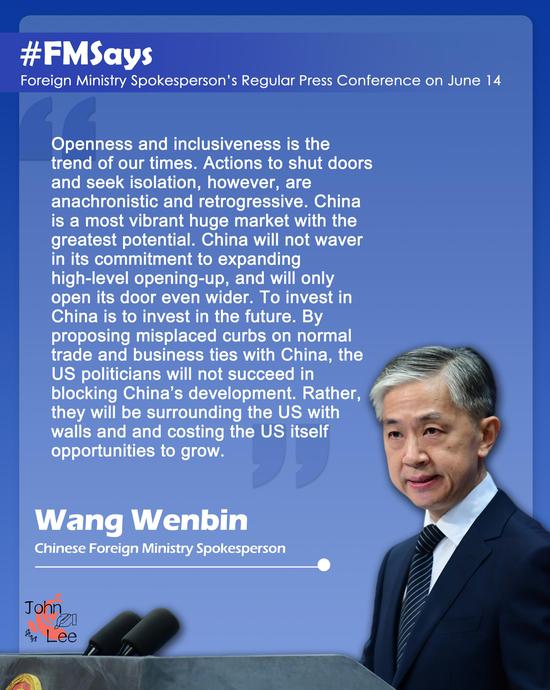


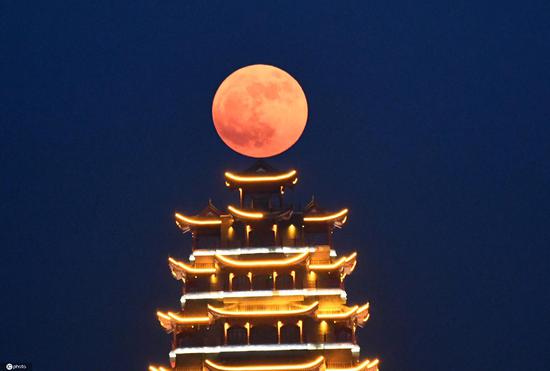
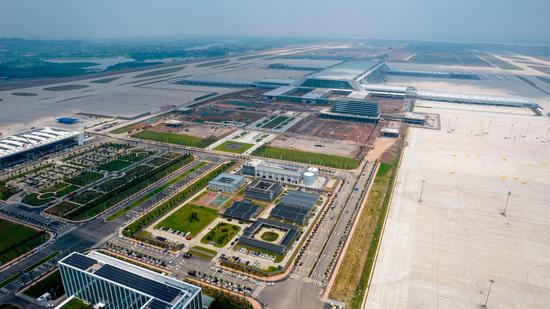


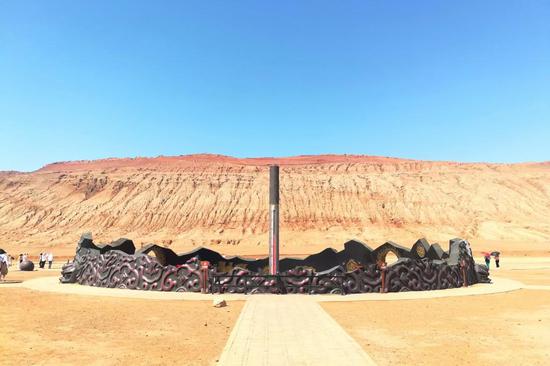



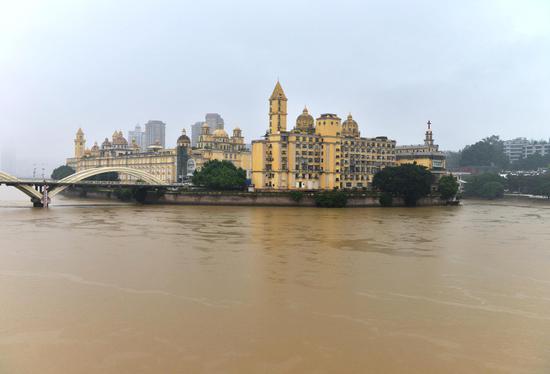
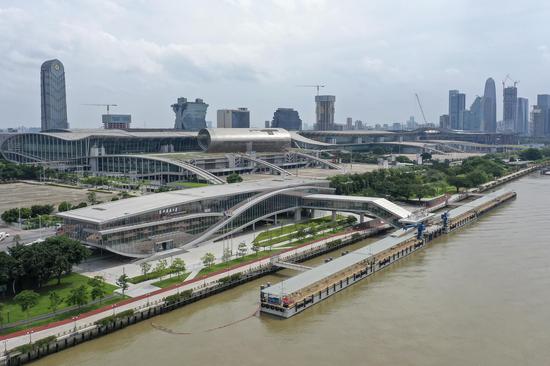

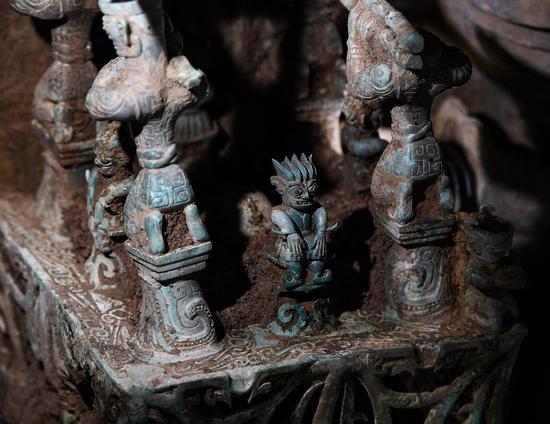




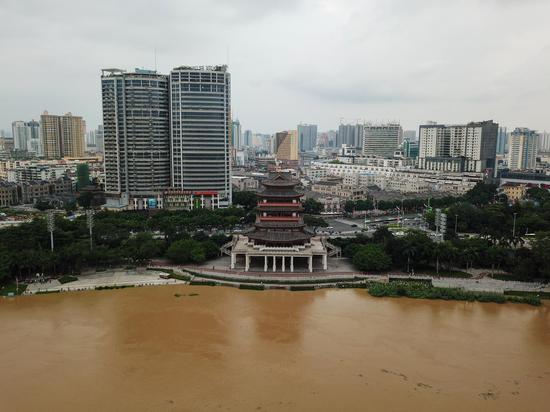
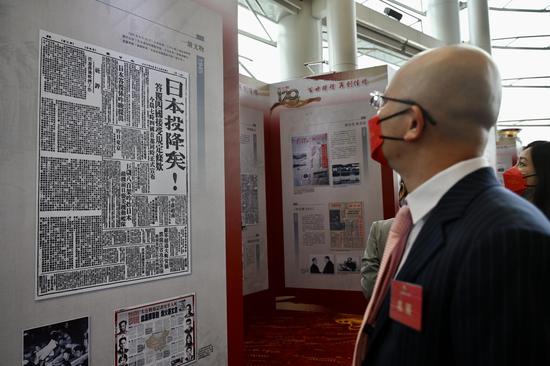


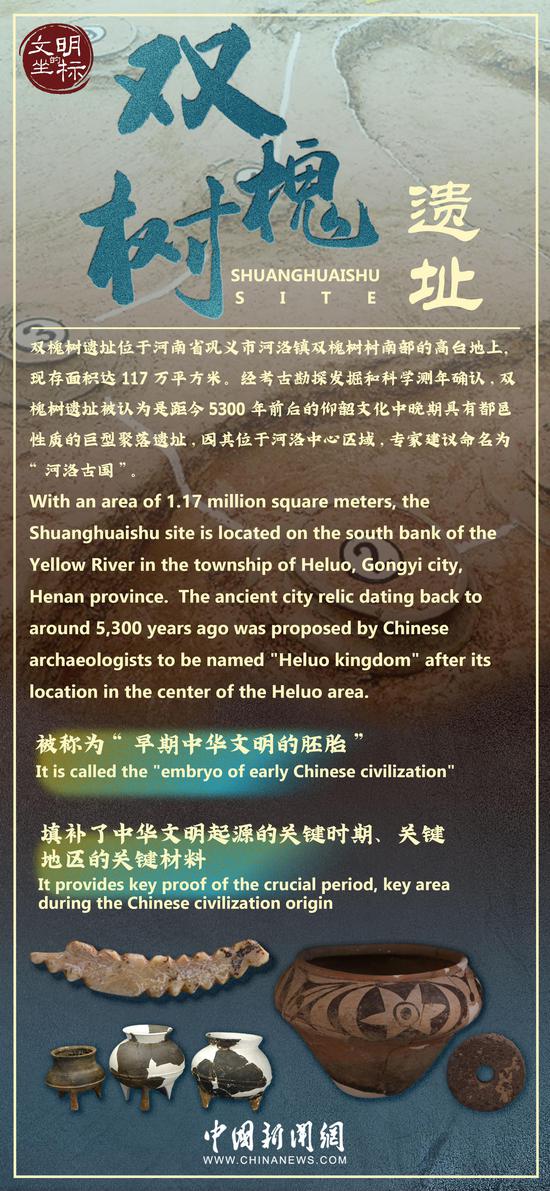
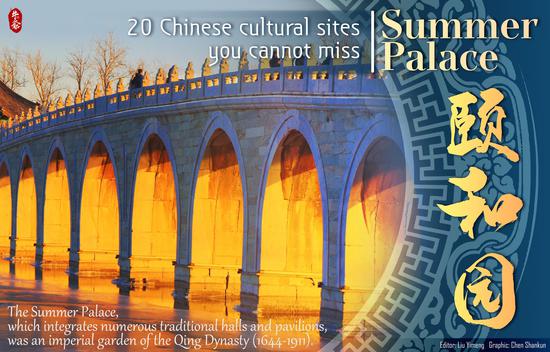
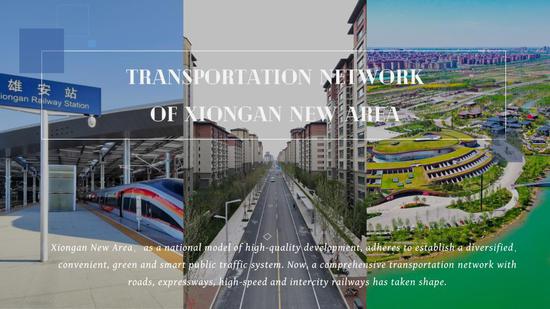
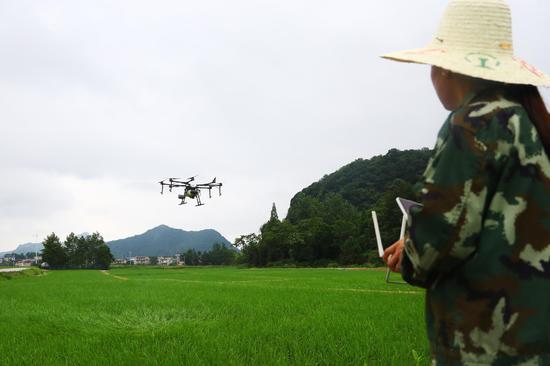





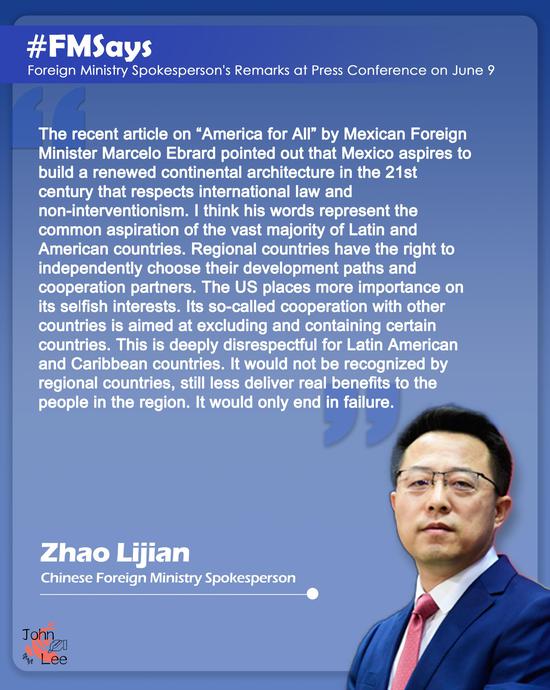





 京公网安备 11010202009201号
京公网安备 11010202009201号